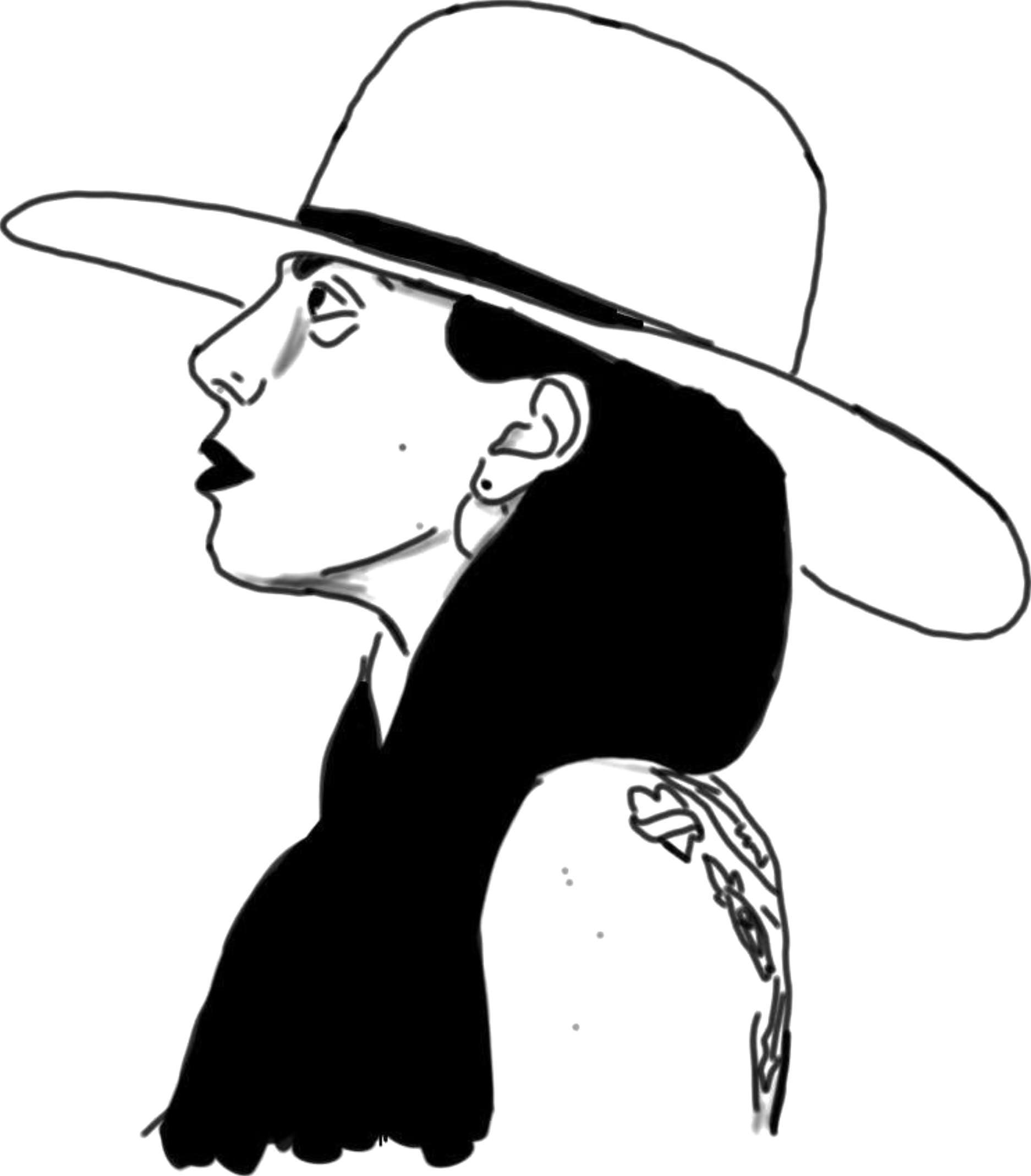Believe it or not, Lady Gaga (born Stefani Germanotta), has always been the pop-star who gives her audience an insight into the life she created for herself—one of high profile and high theatricality, which makes for an entertaining and even daunting product.
With her latest work released this past Friday, “Joanne,” named after her late paternal aunt with whom Gaga shares a middle name, many viewed this latest album as her “most personal,” even deeming it “stripped down” rather than the typical descriptors of flamboyant or controversial.
Some of those assertions are accurate, although many fail to understand not only this album’s merit and purpose, but also how it successfully flips the high-profile analysis away from the artist, and toward her audience. “Joanne” is a record in which Gaga laments the ideas in our society she observes, instead of the common themes that have plagued and invigorated her life.
Her earlier works, namely “The Fame” and “The Fame Monster,” told of acquiring notoriety and its perilous outcomes. Additionally, her conceptual pieces, “Born This Way” and “ARTPOP,” moralized the pertinence of ownership of identity and the artistic creation one renders into society.
Although Joanne stems from frustrations the star suffered as a child while navigating through her father’s grievances after losing his sister at a premature age, its interior is a heartwarming and heartbreaking album about our country.
The visual aesthetic attached to this record includes a pink wide-brimmed hat, coupled with vintage guitars, leather, and cowboy boots. These images scream classic Americana while they, ironically enough, are being displayed by Gaga, a modern archetype for liberal ideology.
On this record, Gaga croons in the co-written ballad “Angel Down,” on Trayvon Martin’s death and other cases of racially-charged police brutality. “Hey Girl,” the Florence Welch-–assisted synth masterpiece, and “Come to Mama” explain the issues we have with listening to and supporting one another. The Welch feature, in particular, addresses the societal norm that pits women against each other, while the Kevin Parker–conceptualized “Perfect Illusion” discusses the fallacy that exists on the internet in maneuvering through our most valued relationships.
Aside from Parker and Welch, the diverse and unexpected collaborations on “Joanne” allow for sonic cleanliness and diversity. Josh Homme’s guitars on “John Wayne” are reminiscent of the Wild West. Beck’s ska-influenced “Dancin’ in Circles” is an infectious track with a hook recalling The Fame Monster’s “Alejandro.”
But, it was American singer-songwriter Hillary Lindsey’s influence on break-up ballad “Million Reasons” and celebratory anthem “Grigio Girls” that was the most pleasant surprise on this album.
Lindsey forges beautiful harmonies on every song she touched, which makes the urge to sing along almost unbearable. Although the influence of Lindsey and Homme perpetuated hints of classic country melodies, the assistance from Bloodpop (producer of Justin Bieber’s “Sorry”), allowed for all the cuts to maintain contemporary mainstream traces.
The diffusion of this sonic melting pot that erected “Joanne” is due to the craftsmanship of executive producer Mark Ronson, who I argue sees Germanotta and this project as a rightful successor to his interpersonal connection with Amy Winehouse on her award winning “Back to Black.” With the help of Ronson and company, it’s still incredibly clear that the perfectionist in Mother Monster is alive and well.
“Joanne” has something to offer for everyone, including jazz remnants on “Just Another Day,” and pure angst on head-banging arena rock anthem “Diamond Heart.”
New York Times opinion columnist Jon Caramanica finds a real disadvantage with the fact that “Joanne” isn’t purely a concept album, similar to its predecessors. The cuts to him are “confused” and “concepts [are] in search of a home.”
It is clear that Caramanica missed the mark in understanding Germanotta’s intentions for her fifth full-length solo album.
“So now I’m thinking more about what it is I want to say and what I want to leave on Earth. It’s less an expression of all my pain,” Gaga said of “Joanne.”
But that is exactly it—the concept behind what “Joanne” is all about.
Germanotta intends to give to her world, as the pop star describes this album as an understanding to “believe in something bigger than [you].” That something is the state of the world around her, plagued by injustice, disingenuity, and hate.
“Joanne” is the album we need not only to hasten the rest of this demoralizing year (and election cycle), but to give us a sense of optimism for the future. She describes the state of her country with lyrics like, “I may not be flawless, but you know I’ve got a diamond heart.”
There is a reason why Gaga juxtaposes songs that are pure fun (“Ayo” and “Dancin’ in Circles”) with chord structures that make the listener want to stop what they are doing and cry (“Million Reasons” and Angel Down”). Coupled with its visual aesthetic and its sonic palette, this record reminds us of the country we have become, and the nation Gaga believes we can be.



